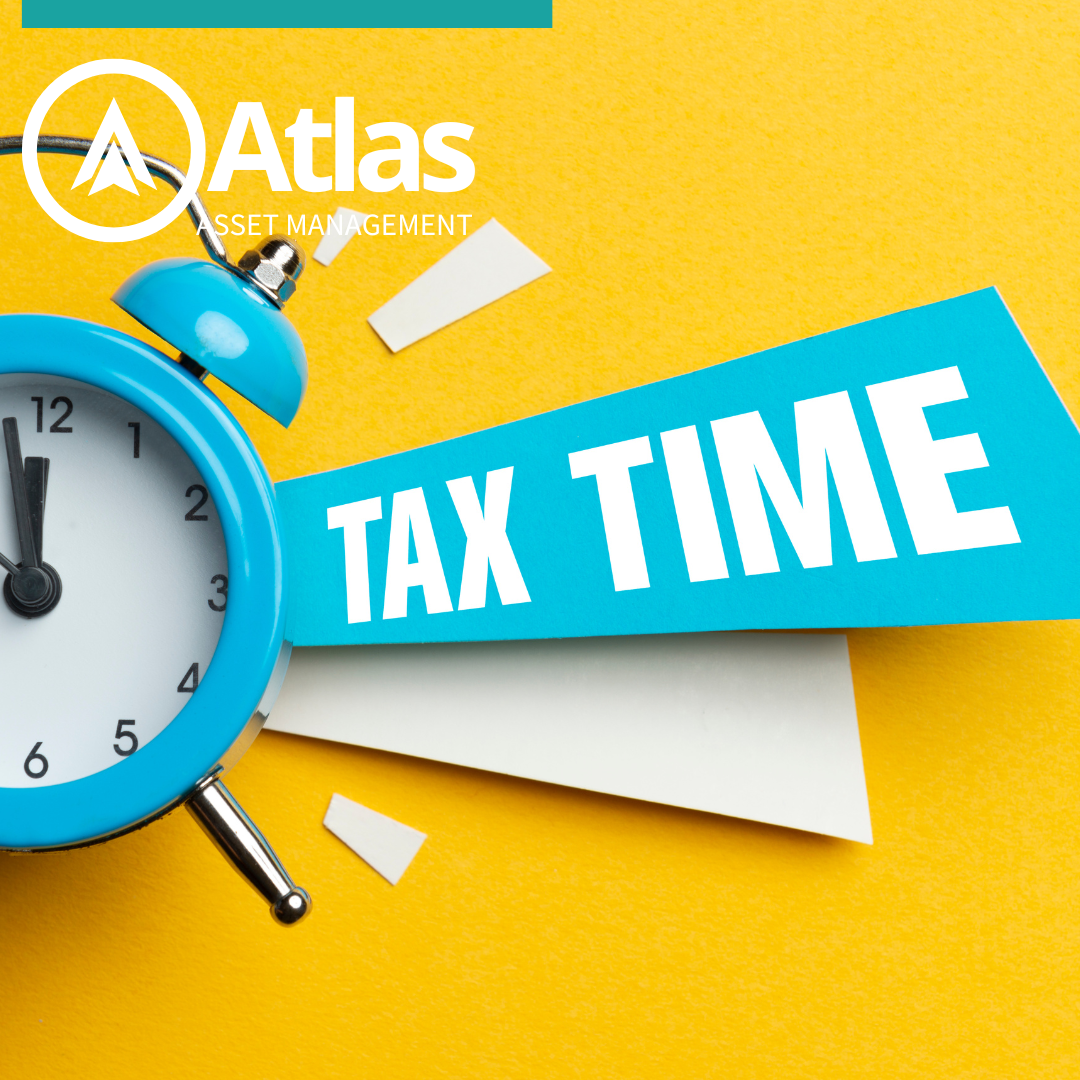New Guidelines on Foreign Source Income Remittance by Tax Residents in Thailand

Introduction
This article provides a comprehensive overview of the latest guidelines on foreign source income remittance for tax residents in Thailand, as stipulated by the Thai Revenue Code and the Long-Term Resident (LTR) Visa program. For detailed tax planning and personalized advice, we recommend you consult with accounting, financial management firm or Thailand tax consultant such as BDO.
Key Regulations
- Taxation for income derived in Thailand, payable irrespective of the payment location.
- Residents earning abroad are taxed upon remitting the income to Thailand.
- Residency criteria: Presence in Thailand for 180 days in a tax year.
- Covers diverse income types, including compensation, service, royalties, interest, dividends, rental income, and more.
- Section 39, Thai Revenue Code:
- Expands on what constitutes assessable income, including monetary benefits, taxes paid on the taxpayer’s behalf, and tax credits.
- Current Interpretation of Section 41, 2nd Paragraph:
- Foreign source income is taxable if remitted to Thailand in the same year of earnings.
- Order of Revenue Departmental No. Por. 161/2566:
- Foreign assessable income must be included for tax in Thailand in the year it is brought in.
Long-Term Resident Visa (LTR)
- Overview:
- It aims to attract skilled and wealthy foreign residents with tax and non-tax incentives.
- Types and Criteria:
- Categories include Wealthy Global Citizens, Wealthy Pensioners, and highly skilled Professionals, among others, with specific financial and professional requirements.
- Targeted Industries for LTR Visa:
- Focus on strategic sectors like Biotechnology, Smart Electronics, and others.
- Privileges for LTR Visa Holders:
- Offers tax exemptions and reductions, along with immigration and work permit facilitation.
Other Related Matters
- Common Reporting Standards: For global tax compliance.
- Tax Credit: Reductions in tax liabilities.
- Prescription Period and Penalties: Legal timelines and consequences for non-adherence.
Expert Consultation Recommended
Given the complexity of tax regulations and the specific circumstances of each individual or entity, it is advisable to seek expert consultation from accounting and financial management professionals. Firms like BDO offer specialized services in tax planning and compliance, ensuring that you are well informed and can make the best decisions regarding your financial obligations in Thailand.
Conclusion
Navigating the new tax regulations in Thailand can be challenging. By consulting with experts, you can ensure compliance and optimize your financial planning in line with these new guidelines.



